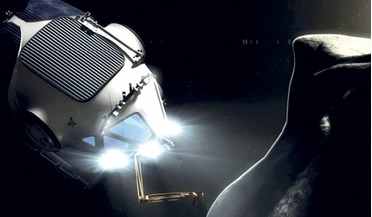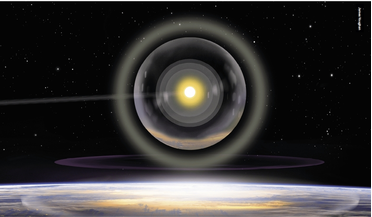 December 2021
All for one and one for all – recommendations for a sustainable future in lunar exploration
December 2021
All for one and one for all – recommendations for a sustainable future in lunar exploration
... five multilateral agreements collectively known as Corpus Iuris Spatialis. The Outer Space Treaty (OST), signed in 1967, outlines the main principles governing space activities, where the other agreements elaborate on specific issues. However, while...
 May 2018
Why national space laws on the exploitation of resources of celestial bodies contradict international law
May 2018
Why national space laws on the exploitation of resources of celestial bodies contradict international law
... then at least the interpretation leaves doubts. The literal interpretation of the wording of Articles I and II Outer Space Treaty does not lead to a clear result. Therefore, other means of interpretation, including the historic interpretation as per...
 March 2016
Space industrialisation needs balanced legal and policy approach
March 2016
Space industrialisation needs balanced legal and policy approach
.... In contrast, the United States seems to be operating under the notion that Article I of the Outer Space Treaty permits mining activities, since space is meant to be free for the ‘use’ and exploration of all States. It is the word ‘use’ that...
 October 2018
Using space-based data for humanitarian causes
October 2018
Using space-based data for humanitarian causes
... of principles - and the one that most forcefully applies modern attentions to the realm of space - is the requirement of the Outer Space Treaty (OST) to use space in such a way that is for the benefit and in the interests of all states, irrespective...
 April 2021
Space wars - how they start and how to end them
April 2021
Space wars - how they start and how to end them
... even a small picture of what satellites are up there and what their capabilities are and, secondly, to verify a space treaty the United Nations would have to possess an extensive world-wide network of sensors, which would be very expensive...
 May 2024
Prioritising space solutions to accelerate sustainable development
May 2024
Prioritising space solutions to accelerate sustainable development
... long-term sustainability guidelines, was historically the birthplace of the Outer Space Treaty (OST) and all of the principles, guidelines and resolutions on which today’s global space economy is built. The office also assists Member States to put...